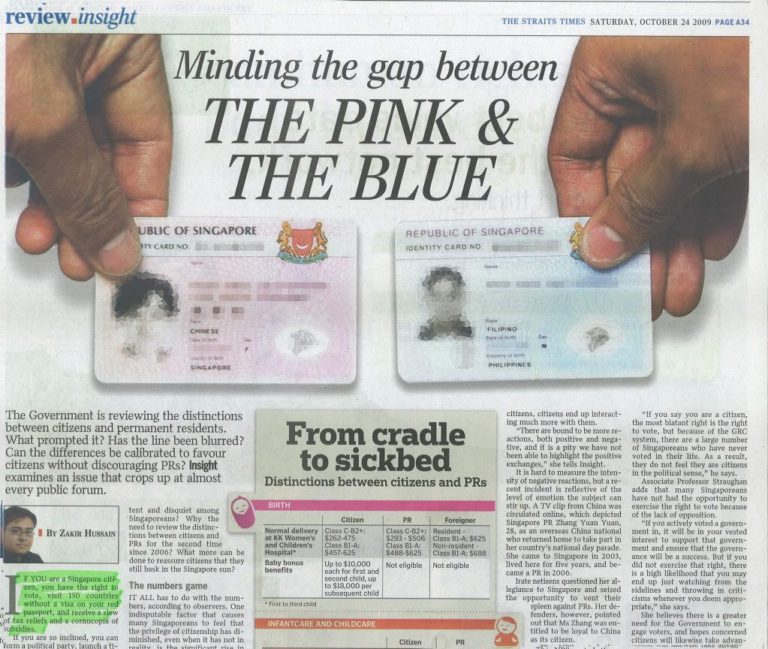Why Proper Documentation Is Important When Applying for PR
With thousands of Singapore PR applications flowing through each month, how does one ensure that their application is being viewed and considered fairly by the authorities? Bearing in mind that 99% of PRs get approved via the documentation submitted during the ICA eAppointment (without attending a face-to-face interview), applicants who are serious about getting their Singapore PR application approved, should read on.
- Strictly following the checklists provided by ICA
While this may immediately seem like the smart thing to do, you can be assured that all the other applicants would have thought the same thing too. After all, it is the easiest option – following the instructions to a T.
Wrong! ICA receives tens of thousands of applications in a month. While including mandatory documents defined by ICA is a given, it may not necessarily paint a complete picture to the reviewing authorities about who you are as an applicant, your hidden strengths, your expertise knowledge in a given field, or your potential contribution to the nation. - Filling up of Form4 / Form4A yourself based on your own limited knowledge
Sure the forms look pretty straightforward. After all, they are requesting standard information pertaining yourself and your family members. The brutal truth is, up to 90% of applications do not even make it through the initial reviewing phase due to incomplete, incorrect and overall poor documentation! Even though you may have a good profile, skill sets, and a long list of achievements, if these are not presented in a structured flattering way, your application will simply lack the punch and get lost in the clutter. - Handwritten applications forms
Handwritten application forms simply shows the level of enthusiasm and drive one has on the applications. Bad handwriting, ink smudges, and overlapped handwriting are just some of the issues reviewing officers grapple with on a daily basis when handling these forms. Often, when an important piece of information is illegible, critical information of the applicant cannot be accessed, which means the full merits of the applicant cannot be accessed for consideration.







